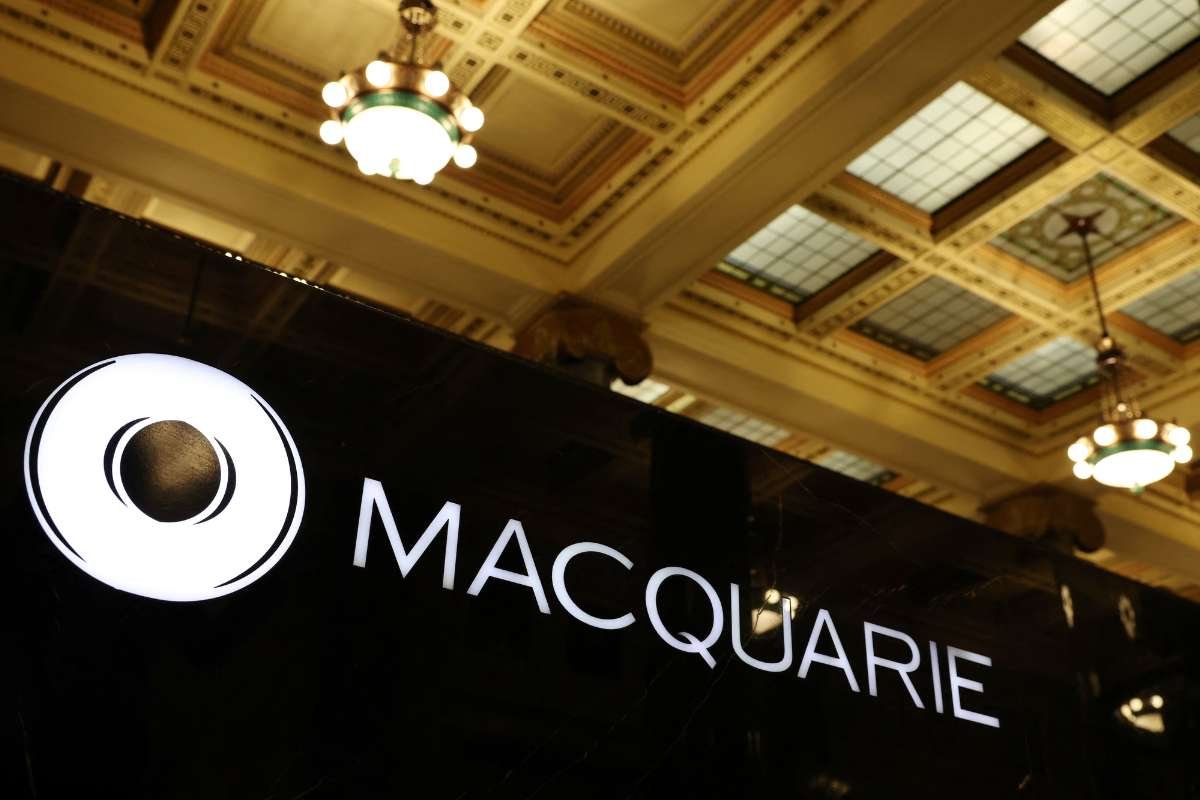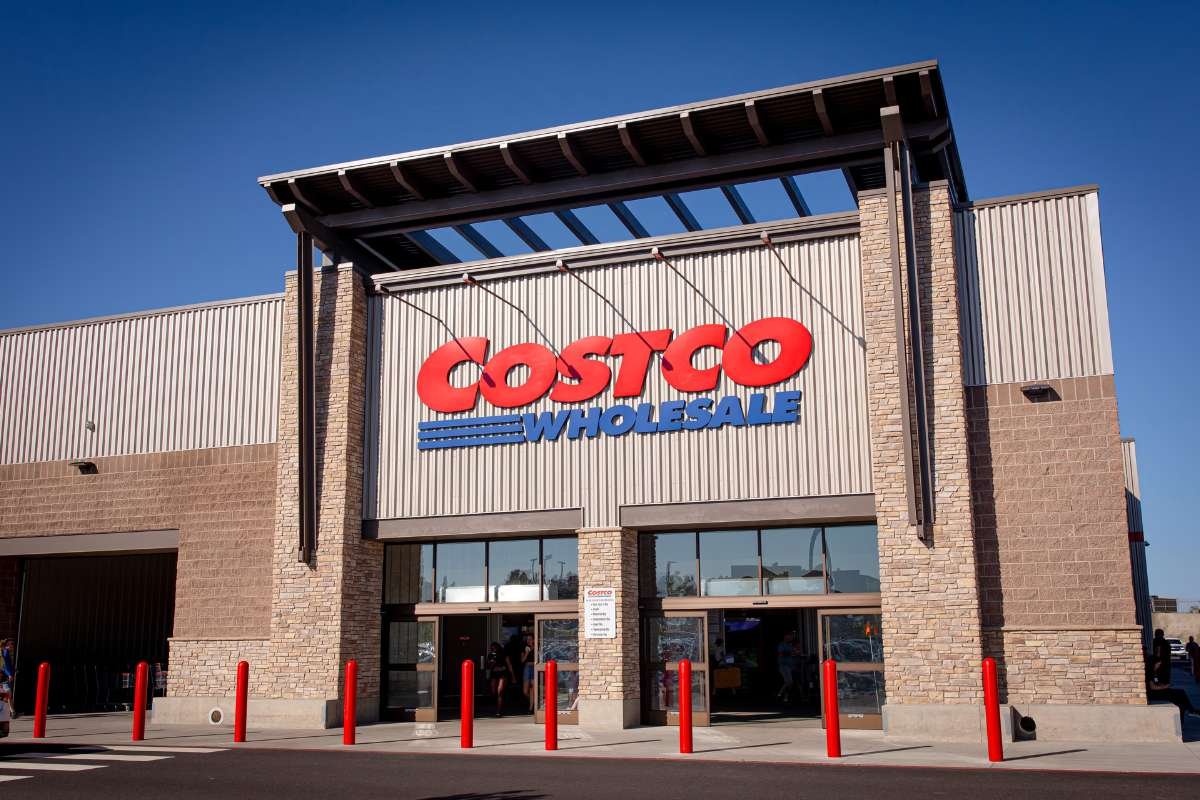Key Points:
- Macquarie bids A$11.6B for Qube
- Qube shares jump 20%
- Deal may reshape logistics sector
Qube Holdings’ shares surged to an all-time high after the Australian logistics giant confirmed it had entered an exclusivity agreement to evaluate a takeover bid from Macquarie Asset Management. The offer values Qube at approximately A$11.6 billion, including debt, and proposes A$5.20 per share, representing a steep premium of nearly 28% over its previous close. Investors responded swiftly, pushing Qube’s stock up almost 20% in early trading as markets digested the potential for one of the largest transport-logistics acquisitions in recent years.
The rally underscores renewed confidence in infrastructure-linked sectors, particularly at a time when global supply-chain assets are drawing heightened attention from institutional investors. Qube, which operates container terminals, logistics hubs, and port services across Australia, New Zealand, and Southeast Asia, has long been viewed as a strategic player in the region’s import-export ecosystem. The premium bid has positioned the company at the center of one of the most closely watched corporate developments in the Asia-Pacific infrastructure space.
Details of the Bid and Strategic Implications
Under the proposal, Macquarie has been granted an exclusivity window extending to early February 2026, allowing it to conduct due diligence and move toward a binding agreement. During this period, Qube’s board has indicated that it intends to recommend the deal, provided no superior offer emerges and an independent expert concludes the proposal is fair and reasonable for shareholders.
The terms of the offer imply a valuation of roughly 14 times Qube Holdings’ shares’ estimated FY25 earnings, a multiple that analysts regard as reflective of the company’s strong asset base, long-term contracts, and central role in regional freight operations. The takeover would mark a major shift in ownership for Qube, which has steadily expanded its footprint in container logistics, port infrastructure, and rail operations.
If completed, the acquisition would significantly strengthen Macquarie’s logistics and transport portfolio—areas where it has been actively seeking scale. The move aligns with broader industry trends in which private equity and global asset managers target high-value, cash-generating infrastructure assets to secure long-term returns. For Qube, the bid highlights the rising value of its integrated logistics network amid accelerating demand for resilient supply-chain infrastructure across the Asia-Pacific region.
Market Outlook and What Comes Next
The takeover proposal has sparked conversations about potential counterbids, with some analysts suggesting that Qube Holdings’ shares unique market position could attract interest from other global investors or infrastructure funds. However, the exclusivity period limits active negotiations, making the focus now squarely on Macquarie’s due diligence findings and regulatory clearance.
The acquisition will require approval from competition authorities and Australia’s foreign investment regulators standardize hurdles for a deal of this scale. Investors are watching closely to see whether Macquarie will bring in co-investors or restructure the bid as part of its final agreement, a strategy often used in large infrastructure transactions.
For shareholders, the offer provides both clarity and a significant uplift after years of steady but unspectacular market performance. For the broader industry, the bid underscores the appeal of logistics infrastructure as global trade continues to recover and supply-chain modernization accelerates.
As Qube and Macquarie progress through the next stages of negotiations, the transaction is set to become a defining moment for Australia’s logistics landscape, with the potential to reshape ownership dynamics in one of the country’s most critical infrastructure sectors.


















